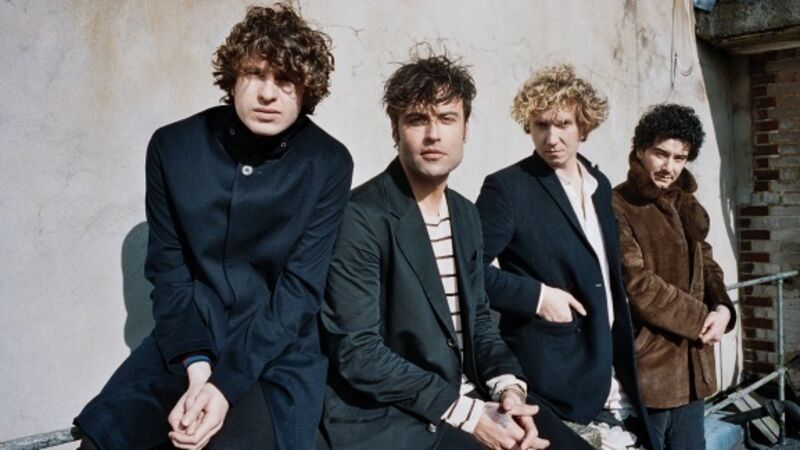The Kooks are making the best of an era where people don't buy music

T’S A WEIRD time for rock bands, reflects Luke Pritchard of The Kooks. Nobody buys records any more. But there are positives too — for instance, a group’s success is no longer conditional on the goodwill of an elite circle of music journalists. The days of critics building an act up only to unceremoniously knock them down are thankfully long over.
“I love a lot of the people at the NME, don’t get me wrong,” says the 31-year-old, referring to the once influential British music weekly. “However, when we were starting they were all about creating spats, trying to undermine people. They’d love you for a week; then you’d be on their hate list. You can’t get away with that anymore — fans just want to go to gigs and hear great songs. I think everyone has mellowed out incredibly.”











